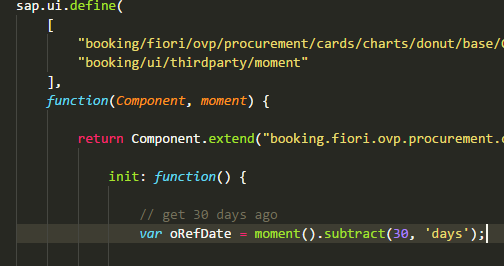Download Lodash

Actually none of the answers above mention that you need to install lodash's type definitions if you are trying to use lodash in your ionic 2 app. To install lodash's type definitions to your project run the following commands: • Install typings node module as global (if you have not already): sudo npm install typings --global • Install lodash to your project: npm install lodash --save • Install lodash's type definitions: typings install lodash --save Once you are finished installing lodash's type definitions to your project you can import lodash to your ionic2.ts file like this: import * as _ from 'lodash'; UPDATE: Ionic team published a document how to use 3rd party libraries in Ionic projects. Please refer here to see an example of how to use lodash with latest ionic. Microsoft storage spaces controller driver. Since it's all depended on the Ionic 2 version you're using, and none of the above was 100% my solution, but did get me to the right point eventually. I want to add my version of the answer for the following version of Ionic 2 ionic framework version: 3.5.0 typescript: 2.3.3 And I didn't had to install anything, Lodash was simply there inside the node_modules/lodash directory. The only thing I did inside my application.ts files is: import * as Lodash from 'lodash'; // Inside the class new_array = Lodash.shuffle(data_array).
Lodash v3.0.0 After a little over a year & more than we’re excited to release. Lodash follows so with this major release we’ve taken the opportunity to clean house & make. We’ll get into that in a bit, but first lets talk about all the cool things this release has to offer. String methods By popular demand we surveyed the utility landscape for a cross-section of string APIs to add to lodash. We settled on 17 string methods:,,,,,,,,,,,,,,,, & There’s familiar methods from ES5, like _.trim, & ES6, like _.endsWith, _.repeat, & _.startsWith, as well as some lesser known methods like _.deburr & _.kebabCase.

CamelCase( _. Visual novel games. SnakeCase( _. KebabCase( 'fooBar '))); // → 'fooBar' ES is our jam Previous versions of lodash added _.assign, _.find, _.findIndex, & ES template delimiter support.
In this release we’re taking our ES adoption up a notch by aligning _.includes, _.isFinite, & _.keys, supporting typed arrays in _.clone & _.isEqual, using Set & WeakMap for -, allowing Map & WeakMap to be used as, & supporting with. Functional goodies There’s lots of functional goodies in v3 like _.ary, _.curryRight, _.flow, _.rearg, & support for customizable argument placeholders in _.bind, _.bindKey, _.curry, _.curryRight, _.partial, & _.partialRight. // load the modern build var _ = require( 'lodash '); // or a method category var array = require( 'lodash/array '); // or a method var chunk = require( 'lodash/array/chunk '); The method modules are organized by category so they’re. Lodash is available in a variety of other builds & module formats.
• npm packages for,, & builds • AMD modules for & builds • ES modules for the build Performance We’ve improved performance 20-40% overall in v3 by better utilizing the JIT in JavaScript engines, using internal helper functions that avoid optimization disqualifications & increase the likelihood of function inlining. In v3 we’ve also introduced chaining for in certain scenarios.
As mentioned above we’re using Set & WeakMap for - which all modern browsers, Node.js, & io.js can benefit from. Breaking changes lodash v3 is a major bump & we’ve introduced several back-compat breaking changes. One such change is that while we still Underscore/Backbone unit tests we’re no longer supporting an Underscore/Backbone build. Over the last year we’ve seen Underscore align more & more with lodash’s API so the need for a separate Underscore build has diminished.